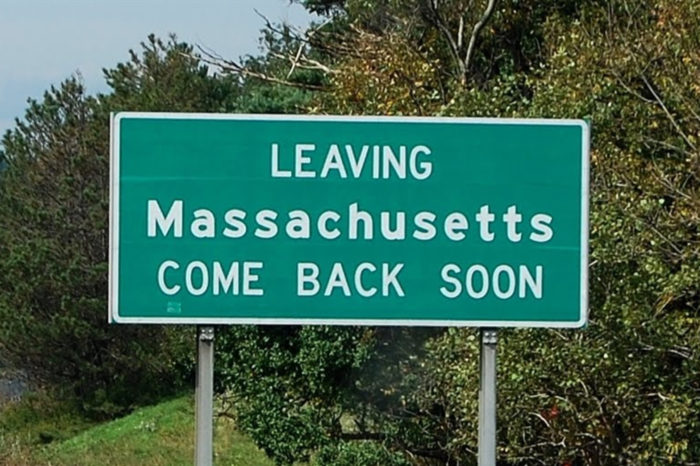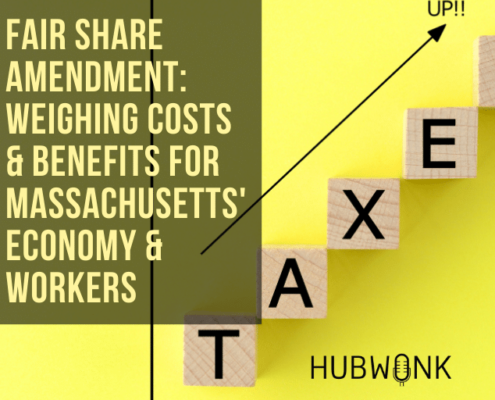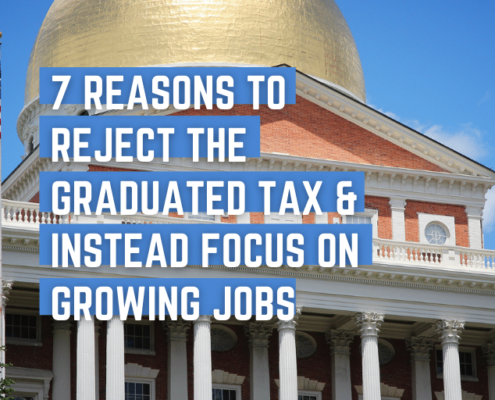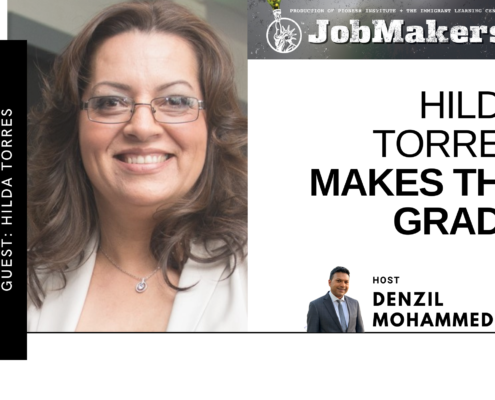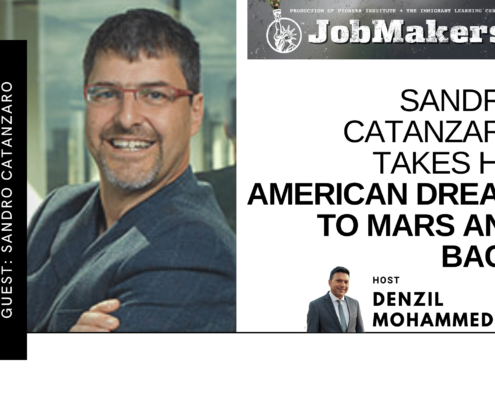Proposition 80 Will Increase Out-Migration of High Earners and Businesses
Passage of November 2018 ballot measure would jeopardize Massachusetts’ long-term economic health
BOSTON – Passage of Proposition 80, the tax hike proposal scheduled to appear on the November 2018 Massachusetts ballot, would accelerate migration out of Massachusetts, especially to Florida and New Hampshire, according to a new Pioneer study. Proposition 80 would add a 4 percent surtax on any annual taxable income over $1 million.
In “Will The Wealthy Leave? They Already Are and Proposition 80 Will Only Make It Worse,” Pioneer Institute Research Director Greg Sullivan draws on IRS data showing aggregate migration flows by amount of adjusted gross income (AGI) and age of the primary taxpayer. The data show a strong correlation between state tax levels and migration patterns.
The report finds that Massachusetts already experienced a net outflow of $15.9 billion in AGI between 1992–93 and 2014–15. Unsurprisingly, the biggest beneficiaries were no-income-tax states like Florida, which captured 47 percent of it, and New Hampshire, which gained 27 percent.
Between 2011–12 and 2014–15, no-income-tax and no-capital gains tax Florida saw a net $39 billion AGI inflow. Fully 72 percent of that eye-opening number was attributable to taxpayers with AGI of $200,000 or more. Nearly 40 percent of the total growth in AGI among all Florida taxpayers from 1992–93 to 2014–15 was attributable to the state’s net increase in migration. By driving more residents and businesses to states with no income tax, Proposition 80 poses a serious threat to Massachusetts’ long-term economic health.
“Proposition 80 backers say the measure will not lead to an exodus of high earners,” said Pioneer Institute Executive Director Jim Stergios. “If the initiative passes, wealthy individuals will do what they are already doing — moving out — and they will do it at a much faster clip than is the case today. The result is Massachusetts will have higher taxes and a lot less money than proponents think. As the old saying goes, there is no such a thing as a free lunch.”
Pioneer Institute is an independent, non-partisan, privately funded research organization that seeks to improve the quality of life in Massachusetts through civic discourse and intellectually rigorous, data-driven public policy solutions based on free market principles, individual liberty and responsibility, and the ideal of effective, limited and accountable government.
Get Updates on Our Economic Opportunity Research
Related Posts

